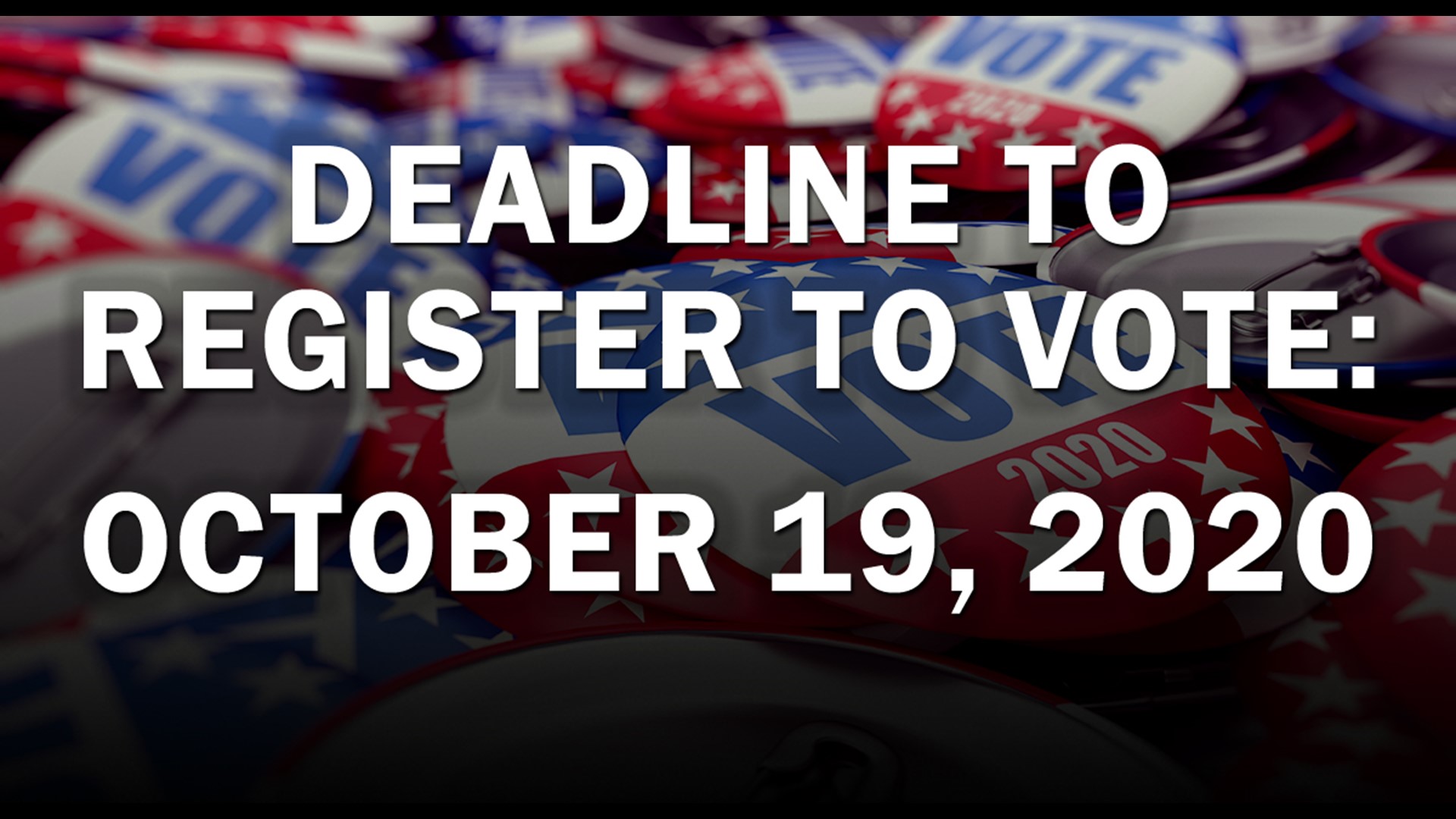MONTGOMERY, Ala — A panel of federal appeals court judges on Tuesday reversed parts of a lower court’s ruling regarding absentee voting in the upcoming Nov. 3 elections, but the judges let a previous ruling allowing curbside voting to stand.
U.S. District Judge Abdul Kallon on Sept. 30 ordered the state to do away with the requirement for voters to have two witnesses or a notary sign their absentee ballot, if the voter submits a statement that they have an underlying medical condition that puts them at a heightened risk from COVID-19 and thus, they cannot safely get those additional signatures.
Kallon also ordered Alabama to allow curbside voting, in the counties that choose to do so, but only for the Nov. 3 general election.
Alabama Secretary of State John Merrill in a statement applauded the appeals court decision.
“The stay that has been granted maintains the integrity and security of elections in our state – thus proving that our current election laws are not an obstacle to voters in Alabama,” Merrill said. “The photo ID and witness requirements are necessary deterrents for those looking to commit voter fraud, and I am glad the 11th Circuit has recognized their importance in safeguarding the elections process.”
Merrill said his office is unaware of any counties planning to provide curbside voting for the Nov. 3 election, but that “we intend to appeal to the Supreme Court to see that this fraudulent practice is banned in Alabama, as it is not currently allowed by state law.”
Alabama law doesn’t specifically address curbside voting, but Merrill in the past has taken that to mean that the practice isn’t legal.
The lawsuit, filed by the NAACP Legal Defense and Educational Fund, Southern Poverty Law Center, American Civil Liberties Union, ACLU of Alabama and Alabama Disabilities Advocacy Program, was brought on behalf of several Alabamians with underlying medical conditions.
In his Sept. 30 ruling, Kallon wrote that “the plaintiffs have proved that their fears are justified” and the voting provisions challenged in the lawsuit “unduly burden the fundamental Constitutional rights of Alabama’s most vulnerable voters and violate federal laws designed to protect America’s most marginalized citizens.”
Caren Short, senior staff attorney for the SPLC, said in a statement that expert testimony and a voluminous record entered into evidence during a 10-day trial last month made clear why the state’s ban on curbside voting and onerous absentee ballot requirements represent unconstitutional barriers to voting for medically vulnerable Alabamians during an ongoing pandemic.
“While today’s appeals court decision still gives Alabama counties the ability to institute curbside voting processes in the 3 weeks until Election Day, it’s unfortunate the decision also put back into place the unnecessary absentee ballot requirements that burden high-risk voters and add no additional protection to the integrity of Alabama’s elections. We know that Alabama voters—particularly Black voters—have and will overcome countless barriers to cast their ballot, and we encourage them to do so as safely as possible,” Short said.
As of Tuesday, 162,040 absentee ballots have been requested in Alabama and 91,786 have been successfully returned for the Nov. 3 election, according to Merrill’s office.
Merrill told APR last week that Alabamians who vote by absentee ballot for the Nov. 3 election and meet the terms of a federal judge’s ruling last week, should have their votes counted, even if that ruling is overturned on appeal before Election Day, according to precedent.

